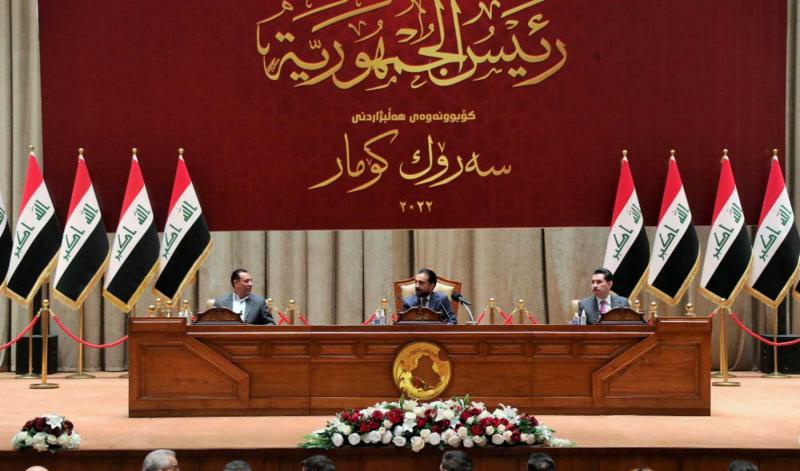Activists and MPs unite against controversial amendment to Iraq’s Personal Status Law, fearing it could undermine women’s and children’s rights.
According to the National News, a wave of protests erupted in Tahrir Square, central Baghdad, on July 28, 2024, as Iraq considers a controversial amendment to its Personal Status Law that could permit girls as young as nine to be married. The proposal, introduced by Islamist Shiite parliamentarians, has ignited outrage among activists and the general public.
The proposed changes could legalize child marriages and allow sectarian laws to influence personal status matters, a move critics argue will exacerbate sectarianism and empower religious clerics over civil courts. Suhalia Al Assam, a women’s rights activist, voiced her concerns, questioning whether politicians would marry off their own nine-year-old daughters while imposing such laws on the oppressed Iraqi population.
The Iraqi parliament passed the first reading of the bill, but the road ahead involves further readings, debates, and a final unanimous vote. If enacted, the law will significantly depart from Iraq’s current Personal Status Law, which many consider one of the most protective of women’s rights in the Middle East.
Under the current law, the legal marriage age for both men and women is 18, with stringent restrictions on polygamy and protections for women in cases of abuse or neglect. The proposed amendments, however, would allow Shiite and Sunni endowments to govern marriages based on the Ja’fari law, which permits marriage for girls as young as nine and boys at fifteen.
Human rights activists, including Hassan Wahhab, founder of the Iraqi Human Rights Defenders and Activists Consortium, are demanding that parliament consult with experts to protect the rights of women and children. Wahhab warns that amending the law could violate Iraq’s international obligations, such as the Convention on the Rights of the Child.
A coalition of over 15 female MPs has formed to oppose the draft bill, advocating for a more inclusive and protective legal framework. They argue that the proposed changes could compromise the future of Iraqi families, favoring sectarian interests over the well-being of women and children.
Ruba Al Hassani, a legal sociologist at Lancaster University, highlights the significance of this coalition, which represents a unified front of female politicians from various political backgrounds—a first in post-2003 Iraq. The coalition’s primary goal is to defend women’s and children’s rights, particularly in legal battles concerning child custody and inheritance.
Al Hassani also noted that the proposal could deepen sectarian divides, with Sunni and Shia politicians reportedly negotiating a quid-pro-quo arrangement to pass both the Personal Status bill and an amended amnesty law that would see the release of prisoners linked to Sunni communities.















